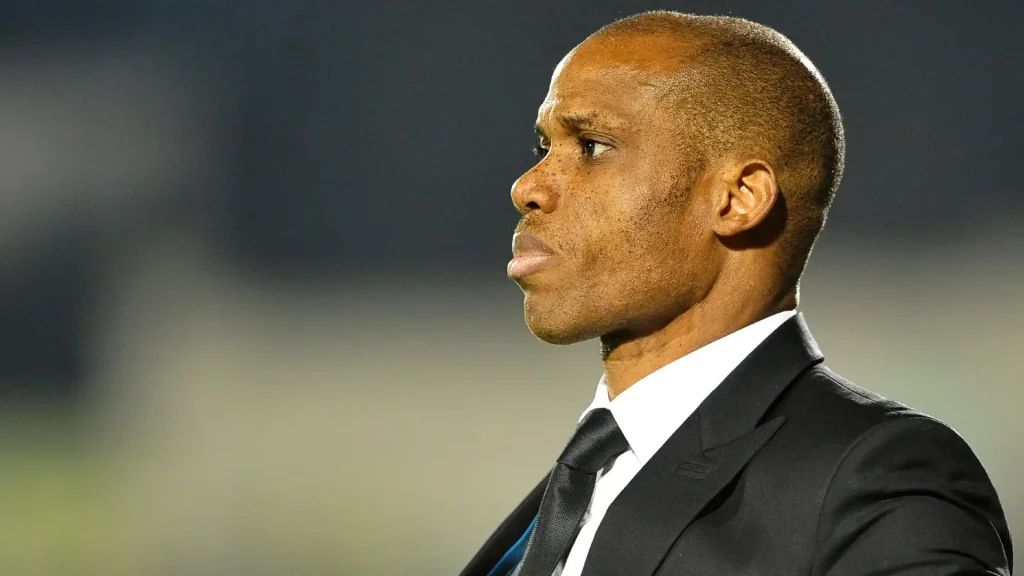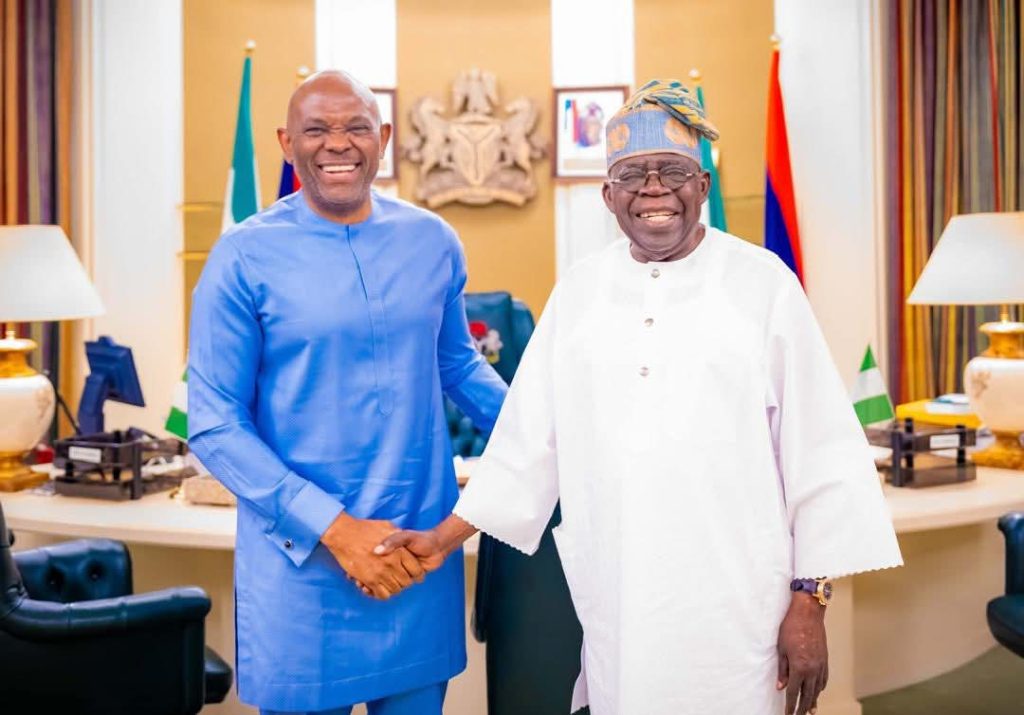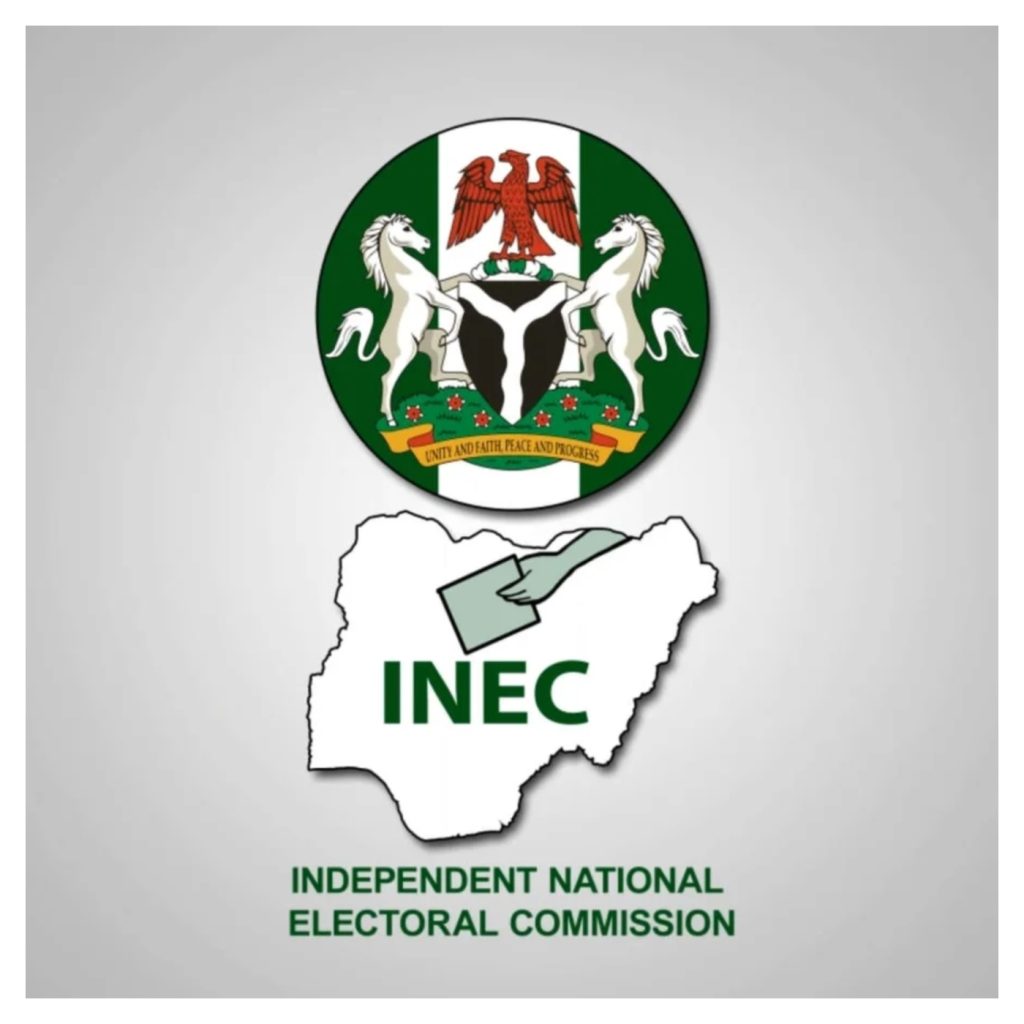Nigerian political tensions flared this week as the Julius Abure-led faction of the Labour Party (LP) launched scathing criticism against its former presidential candidate, Peter Obi, labeling him an opportunistic “Uber politician” who shifts allegiances to suit his ambitions. The remarks, issued in a statement personally signed by Abure on Friday, underscore deepening fractures within the party following Obi’s recent decision to endorse candidates from a rival group in upcoming elections.
Abure accused Obi of employing “subterfuge” and theatrical grievance, claiming the 2023 presidential contender had “cried wolf where there was none” while maneuvering across multiple parties in pursuit of power. The LP chairman asserted that Obi’s “desperation to preside over Nigeria” had driven him to affiliate with numerous political groups simultaneously, a strategy Abure likened to ride-hailing app Uber’s on-demand model. “He’s turned himself into an irony in Nigeria’s political space—unwilling to commit to a position or stand by his decisions,” the statement read.
The rebuke came in response to Obi’s public call for supporters to vote for candidates from the African Democratic Congress (ADC), rather than Labour Party nominees, in August 16 by-elections across 11 states. The move signals a stark divide between Obi—who remains influential among Nigeria’s youth-driven “Obidient” movement—and his former party’s leadership. Analysts suggest the rift could weaken the LP’s electoral prospects, particularly in states like Ebonyi and Kaduna where key legislative seats are contested.
Obi, a former Anambra State governor and third-place finisher in Nigeria’s 2023 presidential race, has not yet publicly addressed the criticism. His shift toward supporting ADC candidates follows months of internal LP disputes over party control, financial transparency, and election strategies. Abure’s faction doubled down on its stance, framing Obi as a serial defector whose political track record—spanning the PDP, APGA, and now cross-party alliances—erodes public trust.
The Labour Party’s internal strife reflects broader challenges facing Nigeria’s opposition as it prepares for 2027 elections. With Abure’s camp emphasizing ideological consistency and Obi leveraging his grassroots appeal, the feud highlights competing visions for challenging the ruling All Progressives Congress. As by-elections approach, observers note the ADC stands to gain from the discord, potentially reshaping Nigeria’s opposition landscape ahead of future polls.



